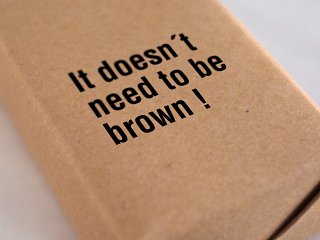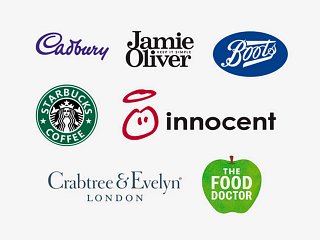About a decade ago, it seemed as if everyone was talking about sustainable packaging. It was on the cover of every design magazine and at the top of every retailer’s agenda. It came up in every other client packaging brief. Today, in a market that is awash in eco-green products, sustainable packaging barely gets mentioned. Everything from soft drinks to petrol claim environmental selling points, but sustainable packaging remains very much in the background.

Probably the biggest problem is one of definition. Simply defined, sustainable packaging is the use of packaging that reduces environmental impact and ecological footprint compared to conventional alternatives. It’s when you start explaining how this is done that it gets complicated.
Consumers do care, but to care you have to understand and that gets complicated. And complicated is the kiss of death in marketing. And can you blame them?

Cone Communications, a U.S.-based PR and communications firm, together with Ebiquity, a global marketing analytics specialist, have recently conducted a survey among 9,709 consumers from nine biggest world’s countries by GDP on how they perceive sustainability, learn information about companies’ CSR activities, and make respective purchasing and other important decisions.
The research reveals
This year, about 88% want companies to tell them what they are doing to operate sustainably. More than ever they want transparency in CSR communications: 76% agree that a company may not be perfect at this area, as long as it is honest about its activities.
84% say they would prefer services and products from socially and environmentally responsible companies. Interestingly, consumers from developing countries show the highest interest in sustainable products and services: India (95%), China (94%), Brazil (93%), while the global index is 90%.
Nevertheless, the number of consumers who would switch to sustainable products given the same price and quality is declining: from 94% in 2011 to 91% in 2013, to 90% in 2015.
The study shows that over the past four years, consumers have had a better understanding of their impact on environment and social causes. 72% of them believe they make an impact purchasing sustainable products and services. Moreover, they better understand the companies CSR messages: the confusion of corporate sustainability communications has dropped from 71% in 2011 to 65% in 2015, which is still high though.
The research proves that while digital channels of communications are becoming more important, consumers still prefer to get information on companies’ CSR activities from traditional channels, such as product packaging (87%), in-store environment (81%), store employees (57%).
The number of those who seek information on company’s sustainability credentials in earned media (stories, interviews in magazines or websites) or paid media (TV, online or outdoor ads) has declined slightly: from 21% to 15% (2011-2015) and from 16% to 14% respectively. A company’s website and company-sponsored themed community events are still important sources of information.
P.S. We partner with Tracy Sutton from Root to offer our clients tailor-made packaging solutions with a special interest in sustainability.Root work with future-focused brands and progressive designers to combine technical savvy with inspired creativity to make desirable, ethical and profitable packaging. Check Tracy’s work out, she has some super credentials with brands such as Innocent drinks, StarBucks and Jamie Oliver.

Recent posts
- The value of photography in numbers.
- Paws for thought: why allowing dogs in the office is a good idea.
- Urgo. Novafix PRO 3.
- Fruit Attraction Nufri
- 10 year Anniversary
- The new secret weapon in marketing: Honesty.
- Success Charity "life after cure"
- Nestlé Gold mini cones: an Innoval Award 2016
- What a name says is less important than what it allows you to say
- Nestlé: 150 years young